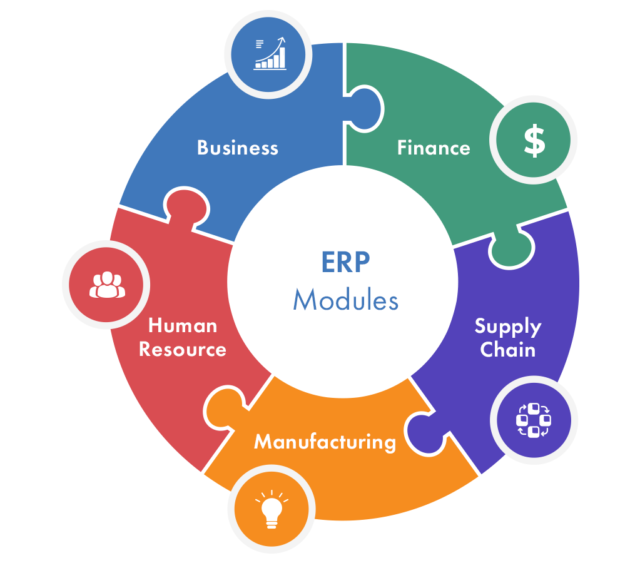In today’s fast-paced and ever-changing business world, a cutting-edge ERP solution for Textile can simplify your operations and streamline your business processes. Its comprehensive functionality helps manage every aspect of your textile business, from purchasing materials to delivering finished goods. The system has modules to track and manage inventory and returns, as well as manage your entire customer database. Its integrated CRM features can help you build lasting customer relationships and offer incentives for repeat purchases.
The ERP for textile is a comprehensive system that integrates all departments and processes. It helps improve the flow of information throughout an organization by automating the lateral flow of data. It also enables the creation of electronic master batch records (EMBRs), reduces paper usage, and increases transparency between departments. By ensuring the accuracy of data and identifying the exact source of problems, a Textile ERP is the ideal solution to help your business succeed.
An ERP for textiles is essential for keeping up with the latest technology. To remain competitive, textile companies must make use of the latest technologies. An advanced ERP solution for textiles helps them keep up. These solutions include integrated analytics, flexible scheduling, and real-time reporting. Whether your business is large or small, an ERP for textiles can help you improve your business and improve your bottom line. This way, you can focus on making your products better and more profitable.
An ERP for textiles is the answer to all your challenges. This software is perfect for the industry and can help you streamline processes and meet your goals. An ERP for textiles helps you to meet market demands and minimize delays in shipping by automating operations. In addition, it helps you to streamline your financial operations. Full integration also saves time and money. The ERP for textiles makes it easy for all departments of the business to communicate with each other.
An ERP for textiles can help companies improve their performance and position themselves for growth. An ERP allows for centralized communication and information sharing, and it is highly customizable. In addition to reducing operational costs, an ERP also provides a number of benefits for the textiles industry. Its streamlined processes can lead to better quality products and greater profits. As a result, an ERP for textiles can help a company grow and stay competitive.
The ERP for textiles helps companies manage the manufacturing process, design, and distribution. Its ERP software is tailored to the textile industry and provides visibility and functionality along every process. It offers real-time detailed data on the orders and sales. Its cloud-based architecture makes it possible to optimize machine performance and decrease downtime. Moreover, the ERP for textiles is compatible with a wide range of industries. Its flexibility makes it suitable for the needs of all kinds of businesses.
ERP for textiles helps companies improve the design and manufacturing process. It also enables lateral information flow among departments. Its ERP for textiles helps businesses reduce operational costs, eliminates delays, and ensures proper account records and reports. The solution for textiles provides a complete solution for its clients, integrating the entire system and creating an interconnected network. The inventory management module allows companies to keep track of products and raw materials and their serial numbers.
The ERP for textiles is tailored to meet the specific needs of the textile industry. Its features help businesses manage thousands of product variants. Each product can have multiple variations, which means the software must be able to manage them. With this in mind, a comprehensive and integrated textiles ERP solution is the ideal solution for any size and type of business. TIM is a flexible, multifunctional ERP solution designed for the textile industry.
With ERP for textiles, businesses can control their inventory and reduce operational costs. With a single application, they can prepare reports and balance sheets, and more. Moreover, it can also integrate the entire system. An ERP for textiles is a great tool for this industry. It streamlines operations and allows companies to focus on their core business. If your company isn’t ready to adopt ERP for textiles, you should consider a different option.












